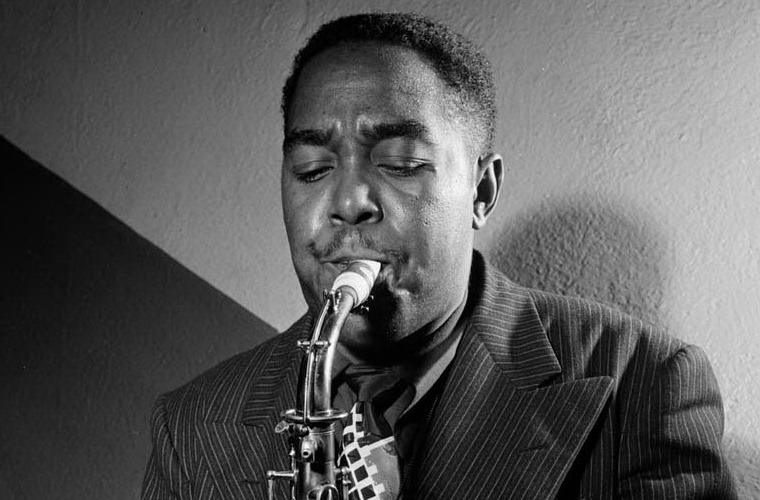Charlie Parker was an American jazz saxophonist and composer who left an indelible mark on the genre. Born in Kansas City, Missouri in 1920, Parker began playing the saxophone at a young age and quickly became a virtuoso. He is widely regarded as one of the most influential figures in jazz history, and his innovations in harmony, rhythm, and improvisation continue to shape the genre to this day.
Parker’s career began in the 1930s when he played in local Kansas City bands and developed his unique style of playing. He moved to New York City in 1939 and quickly became a fixture on the jazz scene. In the early 1940s, he began recording with his own band, which included other jazz legends like Dizzy Gillespie and Max Roach. Parker’s music was characterized by its technical virtuosity and its harmonic complexity. He was known for his lightning-fast runs and his ability to improvise complex melodies on the spot. His compositions, such as “Billie’s Bounce” and “Now’s the Time,” are now considered jazz standards.






Despite his immense talent, Parker struggled with drug addiction throughout his life. He was arrested multiple times for drug-related offenses and suffered from health problems as a result. He died in 1955 at the age of 34, leaving behind a legacy that continues to inspire musicians around the world. Parker’s influence on jazz cannot be overstated. His innovations in harmony and rhythm paved the way for bebop, a style of jazz that emphasized complex melodies and improvisation. He also inspired countless musicians with his technical prowess and his dedication to pushing the boundaries of what was possible on the saxophone.
In addition to his contributions to jazz music, Parker was also a symbol of the struggles faced by African Americans in the mid-20th century. He faced discrimination and racism throughout his life, but he refused to let these obstacles hold him back. His music was a testament to his resilience and his determination to succeed in spite of the odds.
Today, Parker’s music continues to be celebrated by jazz enthusiasts around the world. His recordings are still widely listened to and studied, and his influence can be heard in the work of countless contemporary jazz musicians. Although he passed away at a young age, Parker’s legacy lives on, and his contributions to jazz will continue to be felt for generations to come.

